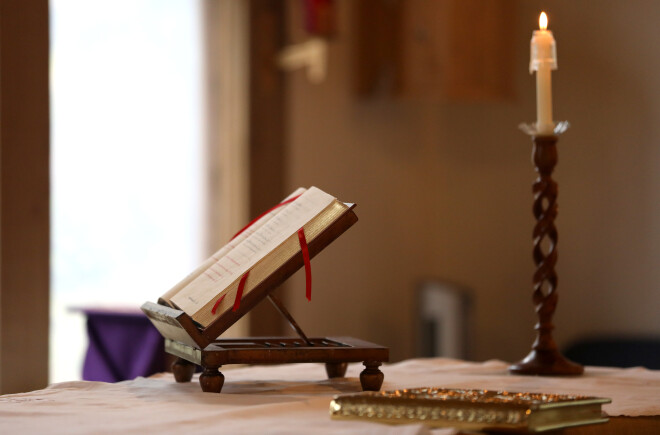From Palm to Refusal

There is something strange about the Palm Sunday liturgy, but it’s not a problem in the liturgy, it’s a problem in us.
We start with palm branches, placing ourselves with the joyous, adoring crowd that welcomed Jesus into Jerusalem. That crowd spread branches of palm along his way. Instead of rolling out the red carpet for him, they improvised a green one. Call it, the people’s welcome. It’s beautiful and exciting, and we sing All glory, laud, and honor to thee, redeemer King, to whom the lips of children made sweet hosannas ring.
And then, about half an hour later, we are reading the Passion Gospel, the long story of Jesus’ arrest, his condemnation, and his crucifixion. Often this Gospel is read with different people taking different parts. The whole congregation usually takes the part of the crowd, which means we say Away with him; crucify him.
Thus, within less than an hour, we go from joyfully welcoming Jesus to calling for his death.
---
I repeat, this is not a problem with the liturgy; it is in fact its design. Going through Palm Sunday makes us aware of the very short distance within us between loving Jesus and refusing him. This is our problem. Why are we like this? Why do we move so quickly from love to hate?
It’s, of course, because we are sinners that we hate. But it is because we are human that we move back and forth. Only human beings are capable of changing our minds. Angels, by contrast, are eternally fixed by their decisions. Their intelligence is higher than ours, but ours has an openness to change that they lack.
Which means—and here’s, as it were, the silver lining to the Palm Sunday cloud—not only can we move from love to hate, but we can also move from hate to love.
We will never perfectly love God, but we can ever turn back to him and love him some more.
---
One of the ways Jesus saves us is by shocking us into the self-realization that the capacity to condemn him is within every human heart. The shock of that self-realization can then make us desire to be different. We can then cry out to God to save us. “I don’t want to condemn you!” one might say. And when our heart is broken, God is able to come into our heart and fix us from the inside out.
---
Out & About. I am to preach at the Palm Sunday and Easter Day services at St. Matthew’s Cathedral, 5100 Ross Ave., Dallas. On both Sundays the services are at 8 a.m. and 10:30 a.m.

